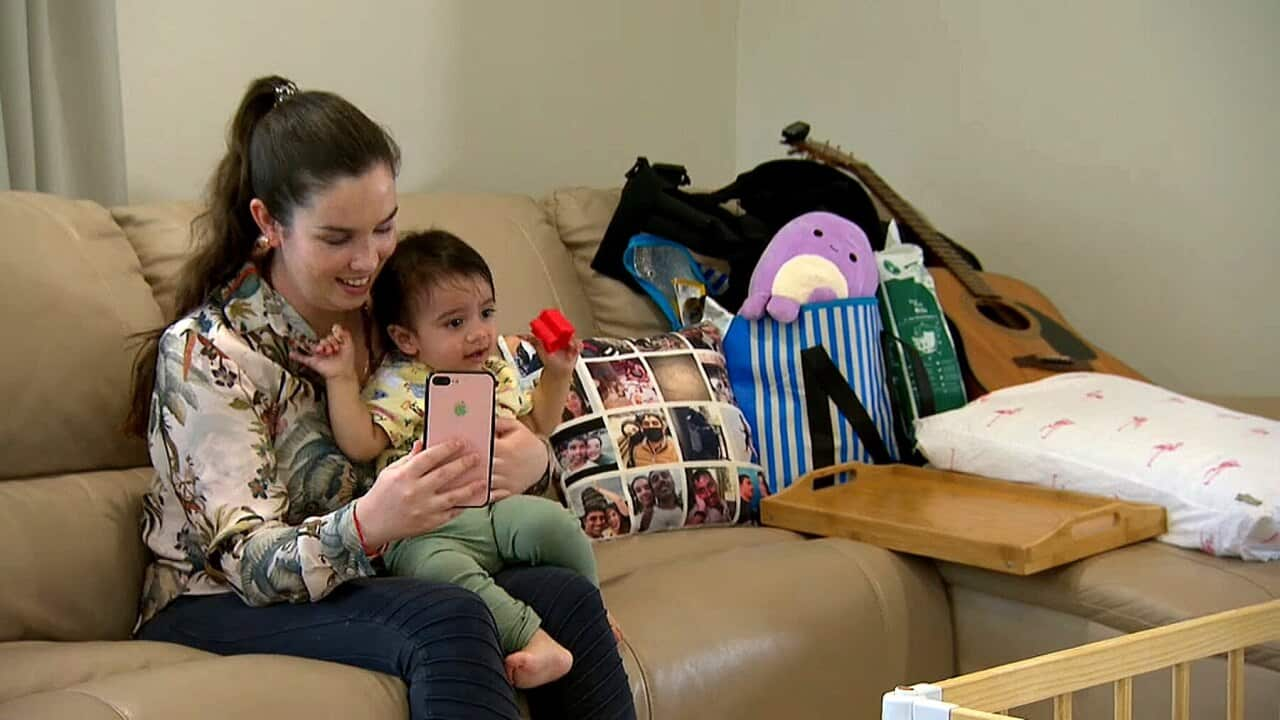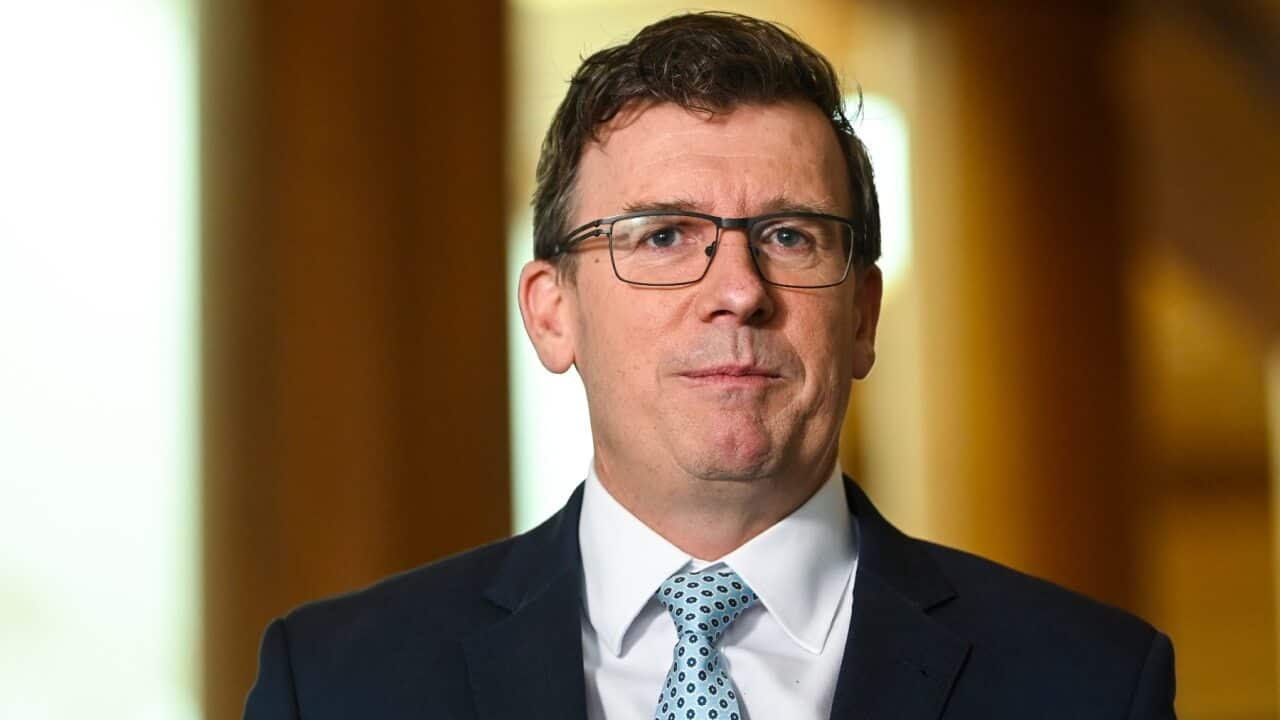The peak body for migration agents in Australia says they received no prior warning of government plans to add an English language requirement to partner visas, after it was .
Agents are still in the dark about how the requirement will function as they field calls from concerned clients, according to the Migration Institute of Australia.
Partner visa applicants and their sponsors will have to demonstrate a functional level of English or a genuine attempt to learn , acting Immigration Minister Alan Tudge announced last Thursday, two days after the change was revealed in budget papers.
“This came out of the blue and we are still trying to come to grips with this,” said John Hourigan, national president of the Migration Institute of Australia.
“We don’t know exactly what all of this is going to involve yet or how it is going to work... The information we are getting is exactly what everyone else is getting through the media.”
Further details will be revealed ahead of the implementation of the requirement following consultation with stakeholders over the coming months.
Mr Hourigan said the change was likely to make it harder for migrants from non-English speaking countries to move to Australia.
“UK, US, Canada, Ireland, New Zealand - are they going to be advantaged while everyone is disadvantaged? It just doesn’t make sense,” he said.
“We have any number of clients concerned over this, people are very anxious wondering what this means for their future. People want their spouses here, they want their partners here, they want to be together.”
Revealing further details about the changes last Thursday, Mr Tudge said completing 500 hours of free, government-run Adult Migrant English Program classes would be one way to demonstrate a genuine attempt to learn the language.
In order to complete this requirement a person would have to complete approximately five hours of classes every week for two years (the usual length of a provisional partner visa).
Mr Hourigan said many new migrants would struggle to meet such a commitment.
“If you take the ordinary person, four hours a week while they are trying to hold down employment is a big ask,” Mr Hourigan said.
“For some people, it could be many, many years until they can apply for a permanent visa.”
SBS News understands there will be other ways to demonstrate English language skills, such as attending an English-speaking educational institution, and that there will be exemptions on compassionate and compelling grounds.
The requirement will also not apply to people on humanitarian visas who wish to bring their families to Australia.
Chief executive of the Migration Council of Australia, Clara Wilshire, said they would be looking closely at how the changes were implemented, in particular calling for “flexibility around compassionate grounds”.
But, she said, there are some upsides to the policy, including reduced isolation and better safety and mental health for new migrants.
The changes have come under fire from experts and advocates who say they are “reminiscent of the White Australia Policy”, while Labor’s spokesperson for Home Affairs - Kristina Kenneally - said it “smacks of racism” during a briefing for media on Monday.
Mr Tudge has defended the requirement, vowing that no one would be stopped from entering the country because they can’t speak English.
“This measure is about ensuring that migrants that come here have the best possible chance of succeeding, and in particular are able to get a job,” Mr Tudge told SBS News in a statement.
“The new measures don’t create impediments for anybody, but they do require people to have a good go at learning English and we will support them to do that through free English classes.”
The cap on partner visas has been increased to 72,300 for the 2020-21 financial year, up from 47,000, with priority given to onshore applicants or their partners who live in designated regional areas.
Meanwhile, Australia's net overseas migration is expected to fall into negative levels for the first time since World War II with a loss of 72,000 people forecast for this financial year, last week’s budget revealed.
A further loss of 21,600 is predicted for the following financial year, with positive net migration levels not expected to return until 2022-23.












